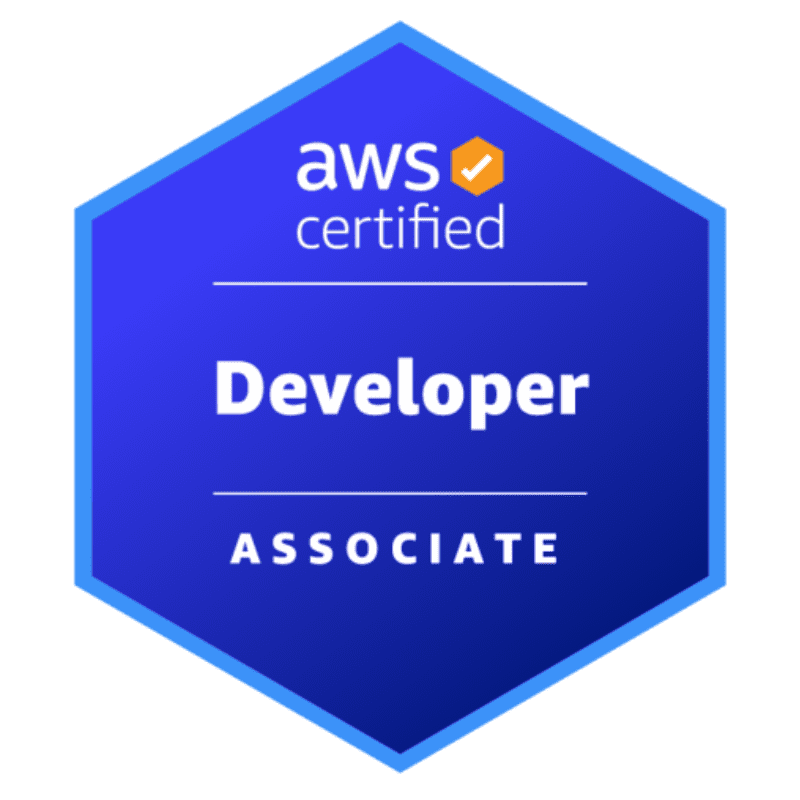The digitization of the healthcare industry is happening fast. A major result of this transformation from paper to electronic records is the proliferation of healthcare data. And with that, of course, comes the healthcare database. Databases are foundational to any use of data and the role they play in healthcare is Vital.
There are different kind of Databases used in EMR but the type most commonly used in healthcare is the OLTP (online transaction processing) database. It is built for speed and delivers sub-second response times. It’s important to know that each OLTP database is constrained to a single application: the EHR has its OLTP database, the lab system has its own database like Practice management system, EHR, Financial system Etc.

Pros of OLTP Databases:
The benefits of OLTP databases are equal to the benefits of the applications that run on them. Most important benefit is that data can also be stored externally and backed up in a secure place to prevent data loss. Second important benefit is that as data is electronic, it can allow for quicker processing of typical transactions such as lab results, payment claims, etc.
Cons of OLTP Databases:
- There is too much of raw data. Everyone in the organization—from the CEO to the individual clinician—needs a way to turn all of that raw information into targeted, actionable knowledge else it will itself become burden.
- Data is siloed. Data siloes are a natural result of the OLTP database architecture in which each application has its own database. OLTP databases simply aren’t architected to allow analytics that spans each database silo.
Data Warehouse
DW is a database that exists as a layer on top of all of a healthcare organization’s transactional application databases. The data warehouse takes the data from all these databases and creates a layer optimized for and dedicated to analytics. A data warehouse, is structured to make analytics fast and easy. Its also important to know that DW isn’t structured to do analytics. One data warehouse is equals to infinite applications and infinite databases. Complex queries are much more difficult to handle in an OLTP database but are easy in DW. An OLAP database is heavy on CPU and disk bandwidth. A data warehouse is designed to handle large analytical queries. This eliminates the performance strain that analytics would place on a transactional system.
A data warehouse enables you to perform many types of analysis: With fewer table joins, analytical queries are much easier to perform. This means that semi-technical users (anyone who can write a basic SQL query) can fill their own needs. The possibilities for reporting and analysis are endless, which is better than OLTP because in OLTP platform applications are different and Databases are different so it takes lots of join queries and so many complexities involve.
An OLTP database like that used by EHRs can’t handle the necessary level of analytics. If you get data into your EHR, you can report on it. If you get it into a data warehouse, you can analyze it. Increasingly complex data ecosystem means that for many organizations a data warehouse is just the start.
Health Catalyst Data Operating System
Traditional data warehousing, which solved some of the data integration issues facing healthcare organizations, is no longer good enough. Traditional data warehousing will be outdated and replaced by new architectures in coming years. The Health Catalyst Data Operating System (DOS™) is a breakthrough engineering approach that combines the features of data warehousing, clinical data repositories, and health information exchanges in a single, common-sense technology platform. Clinical and financial decision support at the point of care is almost nonexistent in healthcare, restricted to a few pioneering organizations that can afford the engineering and informatics staff to implement and maintain it. With DOS, this kind of decision support is affordable and effective, raising the value of existing electronic health records and making new software applications possible.
Santeware Healthcare Solutions has experts dealing with such kind of database no matter if its OLTP or Data ware house, no matter how complex is the query our experts deal with every kind of complex data.











